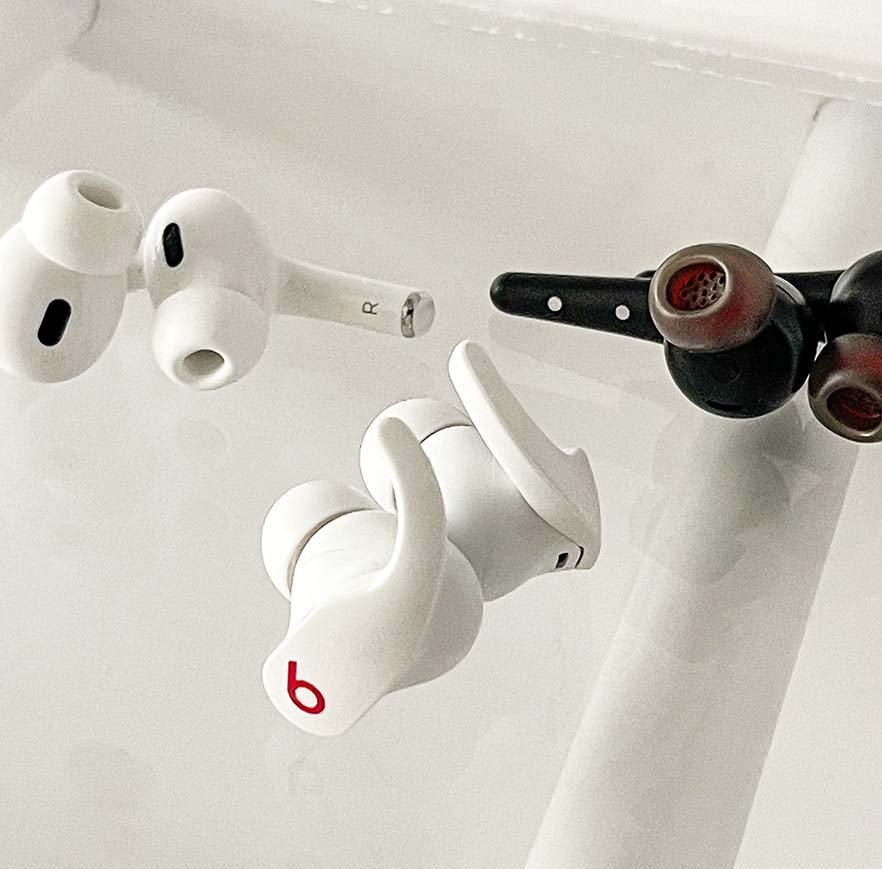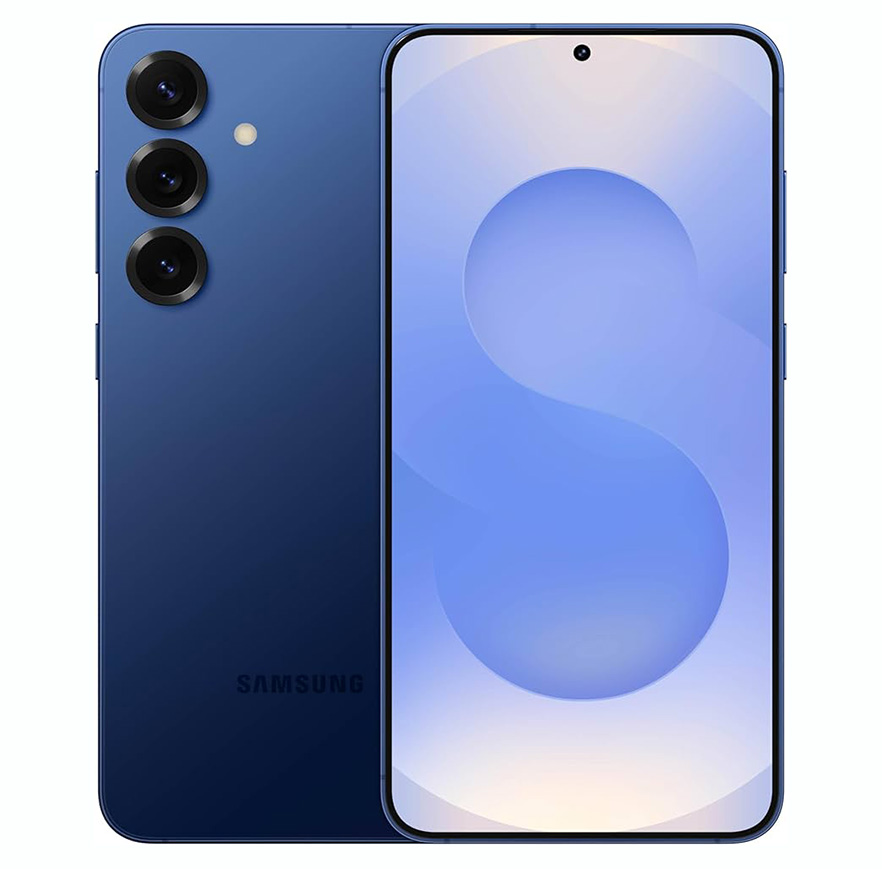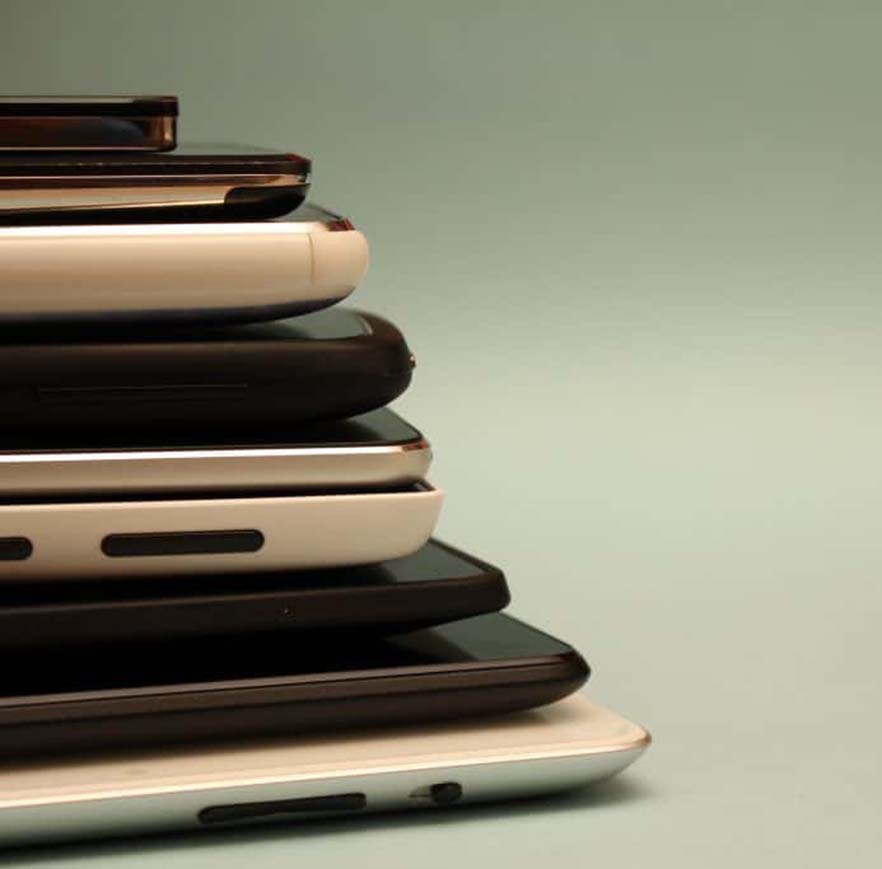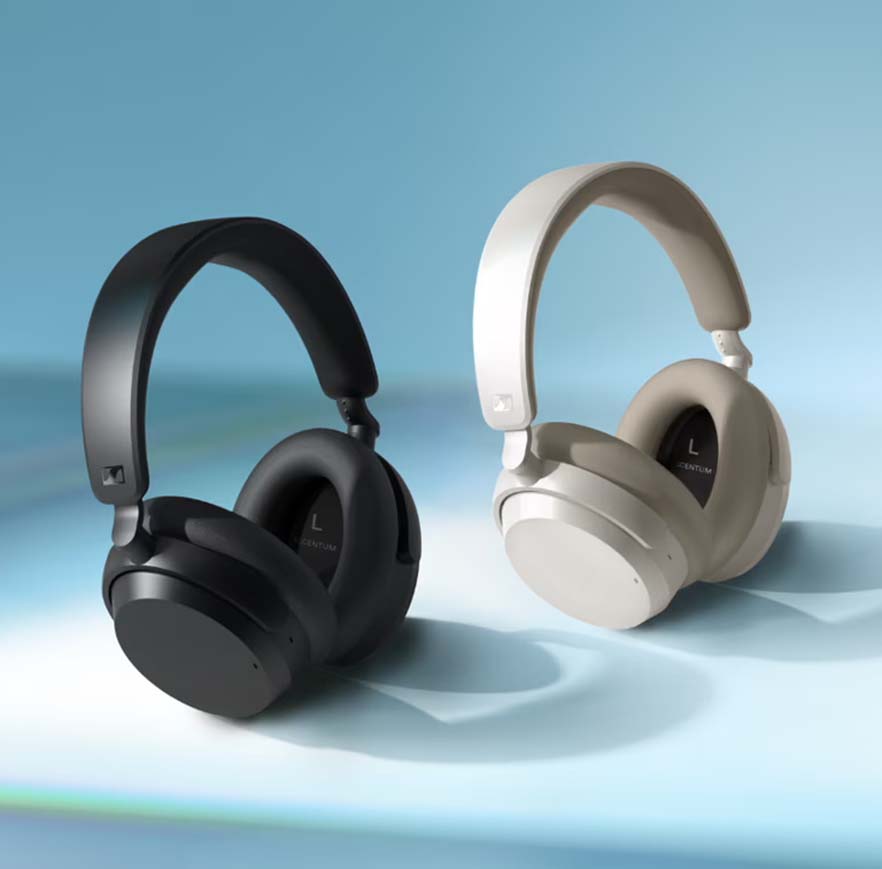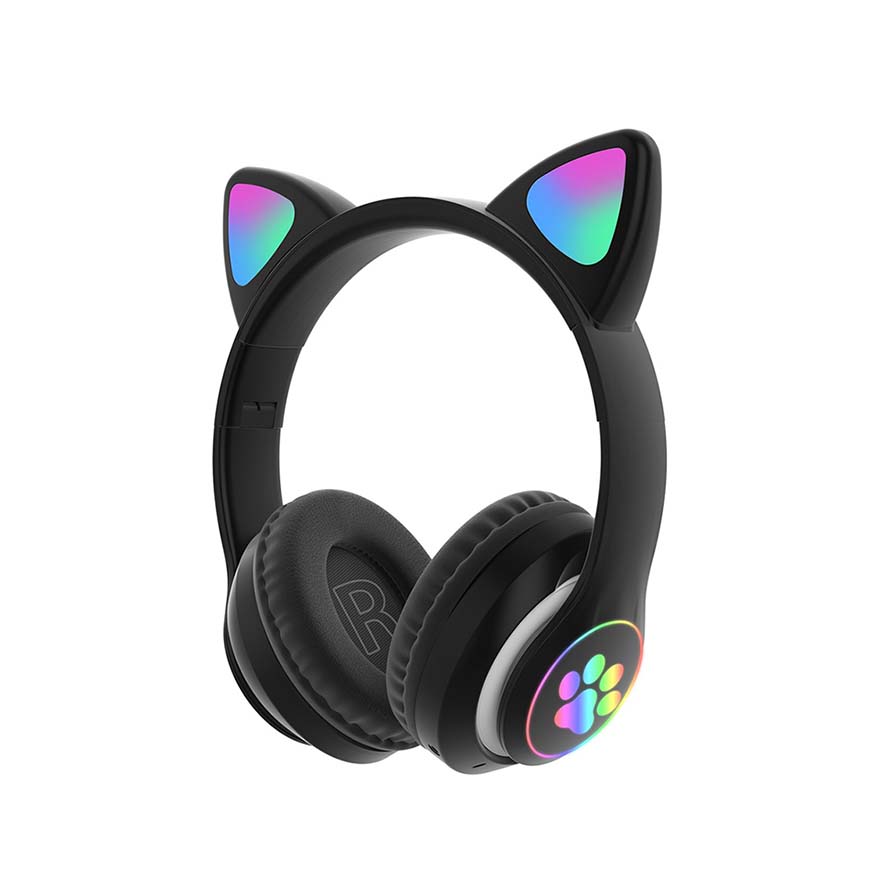When it comes to listening to music, podcasts, or making phone calls on your iPhone, having the right pair of headphones can make all the difference. In this comprehensive 3,000-word article, we will discuss who iPhone headphones are suitable for, their compatibility with other smartphones, the cost of iPhone headphones, where to buy them, and alternative options to consider.
Who Should Use iPhone Headphones?
iPhone headphones are designed specifically for use with Apple’s iPhone devices, offering seamless integration and compatibility. These headphones are suitable for a wide range of users, including:
- iPhone owners: As the name suggests, iPhone headphones are an ideal choice for iPhone users, ensuring compatibility and often providing features that are optimized for use with iOS devices.
- Apple ecosystem users: Those who are already invested in the Apple ecosystem, such as users of iPads, Macs, and Apple Watches, may benefit from the seamless connectivity and integration offered by iPhone headphones.
- Individuals seeking high-quality audio: Many iPhone headphones, particularly those made by Apple and other reputable manufacturers, provide excellent sound quality and advanced features, such as active noise cancellation or customizable sound profiles.
Compatibility of iPhone Headphones with Other Smartphones
While iPhone headphones are designed with Apple devices in mind, many models can also be used with other smartphones. Here are some points to consider regarding compatibility:
- Lightning connector: Some iPhone headphones, such as Apple’s EarPods with Lightning Connector, use a proprietary Lightning connector instead of a standard 3.5mm headphone jack. These models will not be compatible with non-Apple devices without an adapter.
- Bluetooth headphones: Wireless iPhone headphones, such as Apple’s AirPods, use Bluetooth technology for connectivity, which is compatible with most modern smartphones. However, certain features, such as automatic device switching or Siri integration, may be limited or unavailable when using non-Apple devices.
- Standard 3.5mm headphones: iPhone headphones with a standard 3.5mm headphone jack should be compatible with most smartphones that still include a headphone jack. Keep in mind that some newer iPhone models no longer have a headphone jack, requiring an adapter for use with 3.5mm headphones.
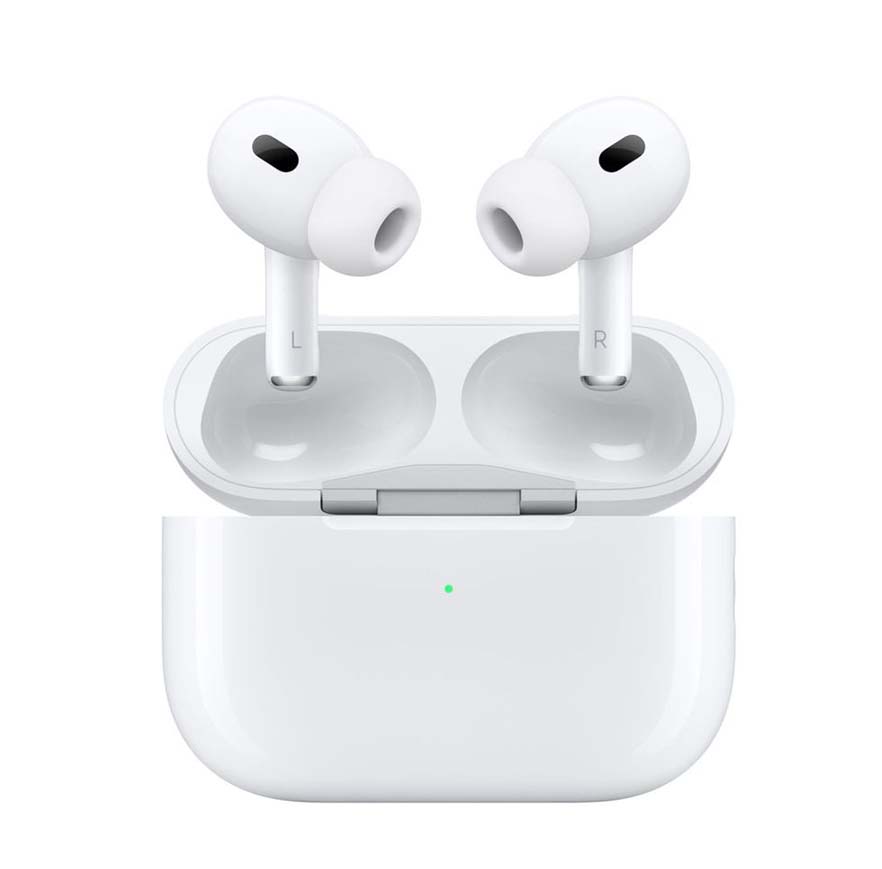
The Cost of iPhone Headphones
The cost of iPhone headphones can vary significantly depending on the brand, features, and overall quality. Here’s a general breakdown of price ranges:
- Budget-friendly options: Inexpensive iPhone headphones can be found for as little as $10 to $30, offering basic functionality and sound quality. These options may not have advanced features or the same level of durability as more expensive models.
- Mid-range options: Moderately priced iPhone headphones typically fall in the $30 to $100 range, offering better sound quality and additional features, such as in-line controls, built-in microphones, or noise isolation.
- Premium options: High-end iPhone headphones can cost upwards of $100 to $300 or more, providing exceptional sound quality, advanced features like active noise cancellation, and a more comfortable, durable design.
Where to Buy iPhone Headphones
iPhone headphones can be purchased from a variety of sources, including:
- Apple Store: Apple’s retail and online stores offer a range of iPhone headphones, including their own EarPods and AirPods, as well as options from other reputable brands.
- Electronics retailers: Stores like Best Buy, Target, and Walmart carry a wide selection of iPhone headphones, including both Apple and third-party options.
- Online marketplaces: Websites like Amazon, eBay, and Newegg offer a vast range of iPhone headphones, often at competitive prices.
- Specialty audio stores: For audiophiles or those seeking high-end iPhone headphones, specialty audio stores may offer a more curated selection and knowledgeable staff to help guide your purchase.
- Authorized resellers: Authorized Apple resellers, such as B&H Photo and Adorama, carry official Apple headphones and may also stock third-party options that are compatible with iPhones.
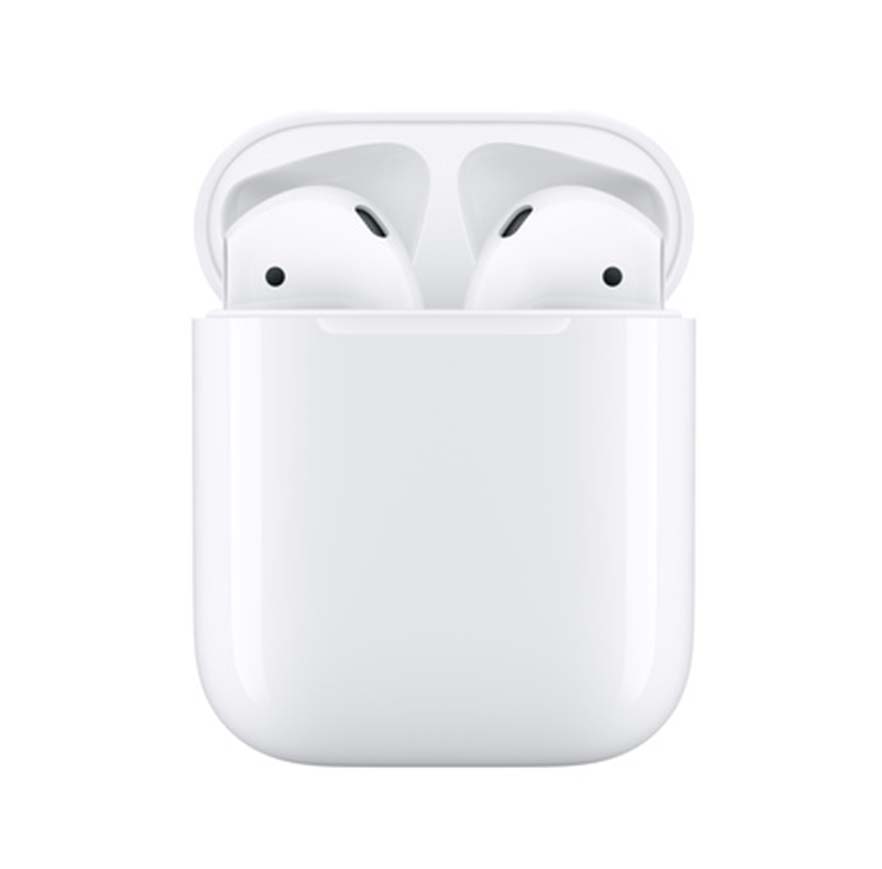
Alternatives to iPhone Headphones
If you are looking for an alternative to iPhone headphones, there are several options to consider:
- Universal earbuds: Many earbuds are designed to work with a variety of smartphones, including iPhones. These earbuds often come with a standard 3.5mm audio jack or Bluetooth connectivity, allowing for compatibility with multiple devices.
- Wireless earbuds: Bluetooth wireless earbuds are becoming increasingly popular and offer the advantage of being untethered from your device. Many wireless earbuds are compatible with both iPhone and Android devices, offering versatility and convenience.
- Over-ear and on-ear headphones: For those who prefer a more immersive listening experience, over-ear or on-ear headphones may be a suitable alternative. These headphones typically provide better sound quality, noise isolation, and comfort compared to earbuds. Many models are available with Bluetooth connectivity or a 3.5mm audio jack for compatibility with iPhones and other devices.
- Bone conduction headphones: For those who need to stay aware of their surroundings or have hearing difficulties, bone conduction headphones transmit sound through the bones in the skull, leaving the ears open. These headphones can be compatible with iPhones and other devices through Bluetooth or a 3.5mm audio jack.
- USB-C headphones: For users with smartphones that utilize USB-C ports instead of a 3.5mm headphone jack, USB-C headphones can be a compatible alternative. While iPhones do not currently use USB-C ports, this alternative is worth considering for individuals with other smartphones or devices that require USB-C connectivity.
In conclusion, iPhone headphones offer a range of options for different users, budgets, and preferences. By considering compatibility, cost, and alternative options, you can find the perfect pair of headphones to enhance your iPhone listening experience.
